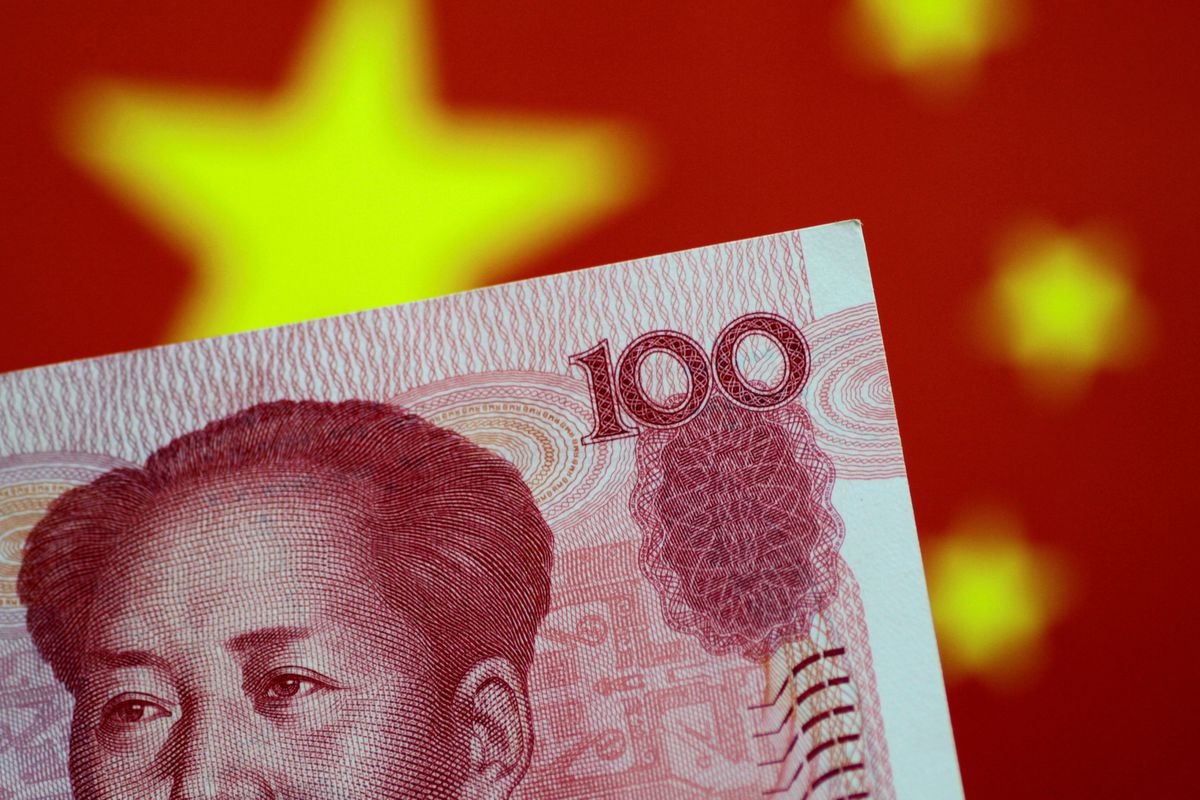
China’s assets remain attractive despite recent correction – state media
SHANGHAI, July 29 (Reuters) – China’s state media on Thursday said yuan-denominated assets remain attractive and that short-term market panic does not represent long-term value, the latest official effort to shore up investor confidence.
The verbal support for markets comes as brutal sell-offs in Chinese shares have prompted worries about a spillover effect to other asset classes, including bonds and foreign exchange. read more
“In general, investment institutions generally believe that the current market correction is still a short-term event shock, rather than a reversal caused by changes in fundamentals,” the China Securities Journal said in a front-page commentary.
“The broad investment trend in favor of yuan-denominated assets will not be reversed.”
It added “speaking from fundamental perspective, China’s economy remained steadily improving and on a positive trend, while earnings expectations of listed companies have improved substantially.”
Regulatory moves aimed at the education, property and technology sectors sparked heavy selling earlier this week in Chinese markets, and have left global investors bruised and uncertain over the outlook for investment in Chinese firms. read more
China and Hong Kong stocks rebounded sharply in early trade on Thursday, with both blue-chip CSI 300 index (.CSI300) and Shanghai Composite Index (.SSEC) jumping more than 1%.
A separate front-page commentary published on the Economic Daily, which is run by China’s State Council, also said on Thursday that the recent correction in the stock market was mostly driven by sentiment.
China’s “capital market has the basis and capability for steady and healthy development,” it said.
Meanwhile, the state-backed China Daily on Thursday cited unnamed sources saying China remained supportive of domestic companies seeking to list overseas and that regulators would soon unveil more measures to further open capital market to foreign entities.Reporting by Winni Zhou and Andrew Galbraith; Editing by Sam Holmes
Our Standards: The Thomson Reuters Trust Principles.






